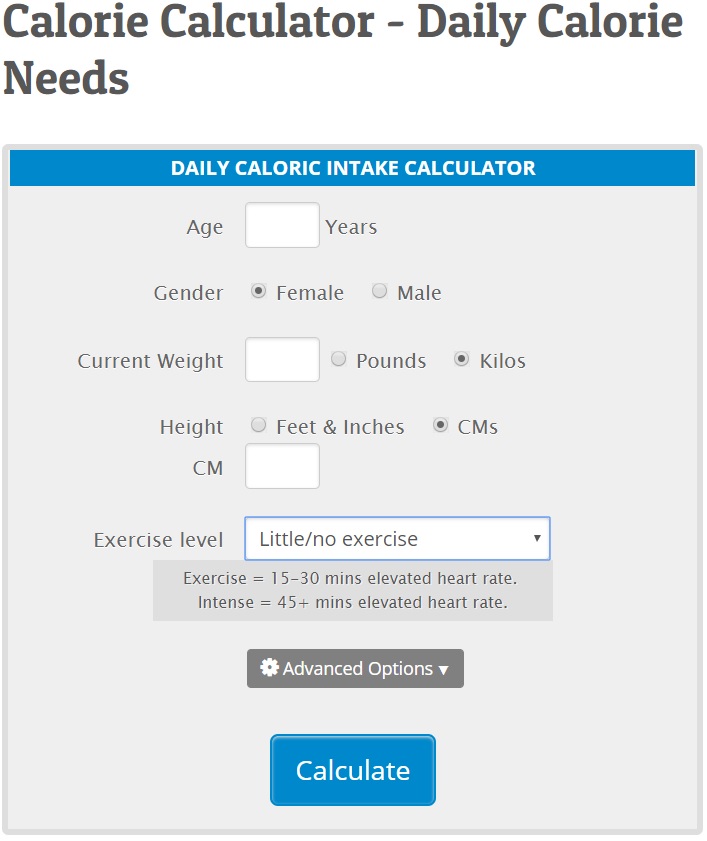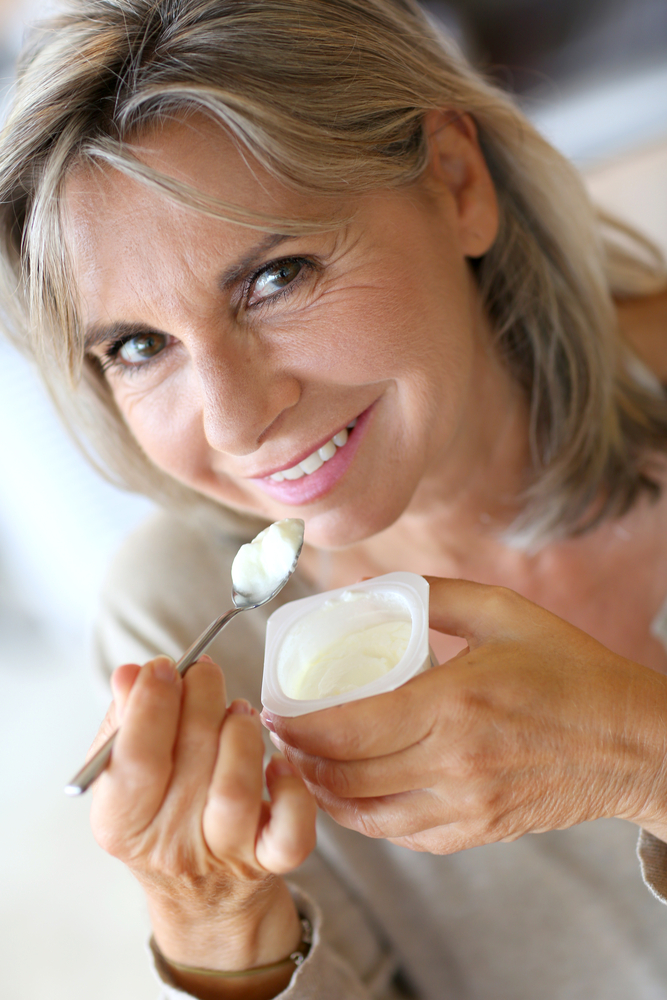
The time is passing, inevitably.
Every day we are getting closer to the great beyond, and with every passing day, our bodies change. “We’re not getting younger by the day,” a wise man once said when in need of immediate action.
We are all getting older, and with aging, our bodies endure many changes. Depending on the lifestyle we choose, that magical number of 50 brings us to either world of hurt, immobilization, tiredness, and overall weakness or the state of healthy maintained autumn of life with plenty of joyful activities.
After we hit that magical number, we either start the dreading & pathetic part of life, or we continue to enjoy it with our children and grandchildren, being an active and important part of their lives.
We would all love to pick the second scenario, but wanting it to happen won’t actually make it happen. Simply said, if we don’t start caring about ourselves more, with every new birthday behind us, a new unpleasant occurrence or fact will slap us in the face.
Painful back or hips, sore joints, and legs, swelling, the digestive system not working as before, hurtful arms and legs, illnesses… (add more condition yourself)
Many of these scenarios happen “overnight” if we don’t care about ourselves, especially when the nutrition and eating habits are considered.
As a 50-year gal, I can testify about all the issues mentioned above and situations you can face, and here’s a horrible truth: you’ll face more and more health problems as you get older.
Here’s the catch – regardless of how well you’re treating yourself, the inevitable period of your life is coming.
Still, there is a huge difference between an active, healthy, and “well-maintained” senior and one who “got caught up with their pants down.”
What can we do?
1. Eat Less

Let’s start with the elephant in the room.
Obesity is number one problem in the US; we’re getting fatter and fatter every single day, simply because of the availability and low prices of junk food. You can get it anywhere.
On the other hand, calorie requirements for optimal maintenance start to lower down when we pass the 30-year mark. Depending on our lifestyle, a healthy woman requires around 1800 calories per day. If you live a sedentary life/work at a sedentary job, you need even less to maintain a proper health.
Do you eat less than 2000 calories per day? The chances are that you don’t.
The harsh reality is, we all eat too much and develop a bigger appetite throughout the years, or have a “sweet tooth” or any other excuse.
Now you know the truth – here’s what you should do:
First, use this handy calculator, and be honest while putting your info there.

After you click the magical “Calculate” button, you’ll get the caloric needs for healthy maintenance, or weight loss (if you’re packing additional weight).
It will even provide a 7-day cycle for eating, so you don’t have to be strict.
Just make sure to check it out, and then make your best effort to follow it the designated number.
2. Eat Less Processed Food

The correlation here is quite apparent – processed food is packed with empty calories which hold no nutritional value and only hurt your health at the end. More overall calories in your system equal more work for your belly. Without proper activity that energy won’t be spent, which will convert it into fat, storing on your tummy, hips, legs, arms, and even between your organs.
Eating vegetables, fruit, fish, beans and legumes, nuts, seeds, and oils, eggs, and dairy will provide significant nutritional value to your organism. That food is easier to digest, yet digests slower without pressure to your bowels.
3. Eat Less Sodium

One of the most significant health concerns that arise in the golden age (yeah I said it) is the high blood pressure. There’s a lot of reasons behind this condition, but the most dominant cause for this state is the high sodium nutrition. If you like well-seasoned food, you’ll consume more than adequate amount of sodium, and it will affect your pressure significantly, even before the 50s.
Furthermore, packaged food products contain a lot of hidden sodium through their recipes which are designed for long duration and preserving. Cut down on these as well.
Depending on the sodium level in your body, you can try reducing it gradually, and try inducing potassium-rich foods (like bananas) into your diet.
4. Eat More Calcium

With ages passing by, our needs for calcium increase gradually. A healthy 50-year-old woman needs at least 1000 milligrams of calcium per day to ensure the bones degradation is slowed down as much as possible. Men need even more, especially if the problems with bones structure start developing after the 40-year mark.
Drinking milk and consuming dairy products in at least two meals per day will ensure a decent calcium intake and maintenance of this element.
One important thing though – try to stay away from high-fat dairy products; these can quickly add up to the daily needs and create an unhealthy environment in your bloodstream and around your organs.
5. Eat Lighter, But More Often

With aging, our digestive system starts degenerating and having slower performance. Intolerances to food and difficulties in digesting become more evident, alongside the heavy bowels syndrome, and similar stuff. Combined with overall inactivity and laziness, this brings a lot of strain to the stomach and bowels, instead of lessening that same strain.
To counter this issue, it’s important to have a well-balanced eating schedule and eat according to it. This means at least five meals per day (three main dishes and two snacks) with plenty of time between them.
On the other hand, you don’t have to be too strict over this; if you’re hungry, you can eat the next meal from your schedule, or include another healthy snack. Legumes are your best bet here.
6. Concentrate On Antioxidants

With more and more seasons behind us, our organism is getting weaker on a cellular level, bringing us to the state of being more exposed to free radicals and environmental toxins. There is a lot of factors that contribute to the overall molecular state of a healthy man, and antioxidant levels are among the most important.
Vitamins in vegetables and fruit help fighting free radicals, boost your immune system and strengthen your line of defense on a molecular level. Vitamins C, A, and E are among the most important for seniors, and you can find them in many fruits and vegetables.
Here are some of the best natural sources of vitamins:
Vitamin C: Peppers, Kale, Kiwi, Broccoli, Strawberries, Peas, Tomatoes
Vitamin A: Carrots, Apricots, Spinach, Kale, Sweet Potatoes
Vitamin E: Almonds, Spinach, Avocado, Butternut Squash, Broccoli, Kiwi
Supplementation of minerals and vitamins is also advised, even in the ages before 50.
Verdict
We are getting closer to the great beyond. No doubt about that.
Still, this doesn’t mean we shouldn’t enjoy life.
Life can offer us so many great things if we take care of ourselves. You should take care throughout your entire life, but when a certain age comes, you should follow a particular set of rules, and hopefully follow my tips to have a better, healthier, and more fulfilled life.
Enjoy the life to the fullest!
About The Author:
Barbara Whitney from Kitchen Byte is a passionate kitchen aficionado from Dover, focused on making the kitchen a better place. Raising two lively boys and spoiling one great husband with delightful food, she crafted her cooking skills through trial and error. Now Barbara tries to help moms around the world to cook better, more efficiently, and with joy. Her blog features great kitchen improvement tips, tricks, and good bites!




![[Infographic] Life with Acne: Managing and Embracing Healthy Skin Habits Life with Acne](https://www.safeandhealthylife.com/wp-content/uploads/2023/10/Life-with-Acne-150x150.webp)